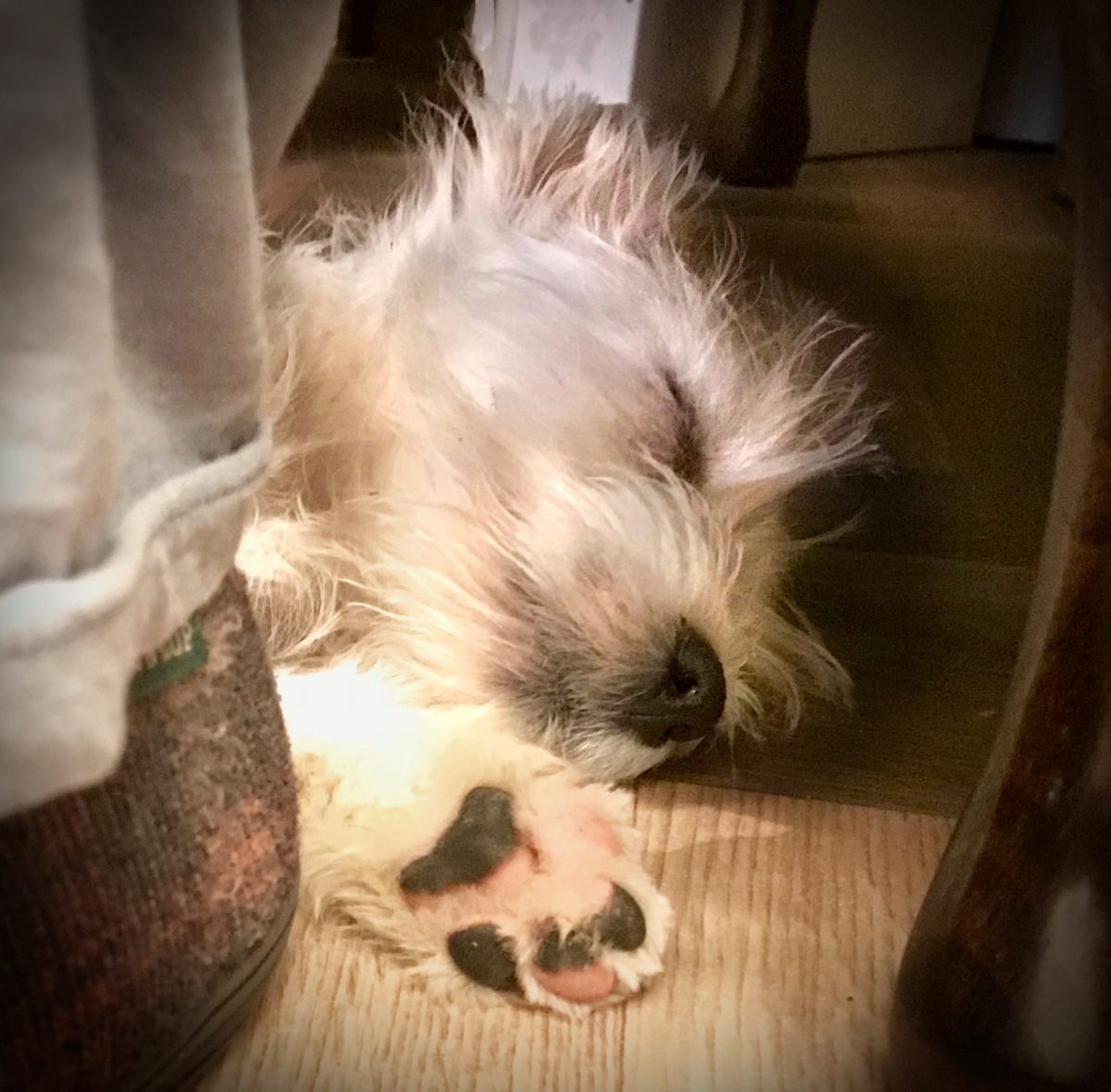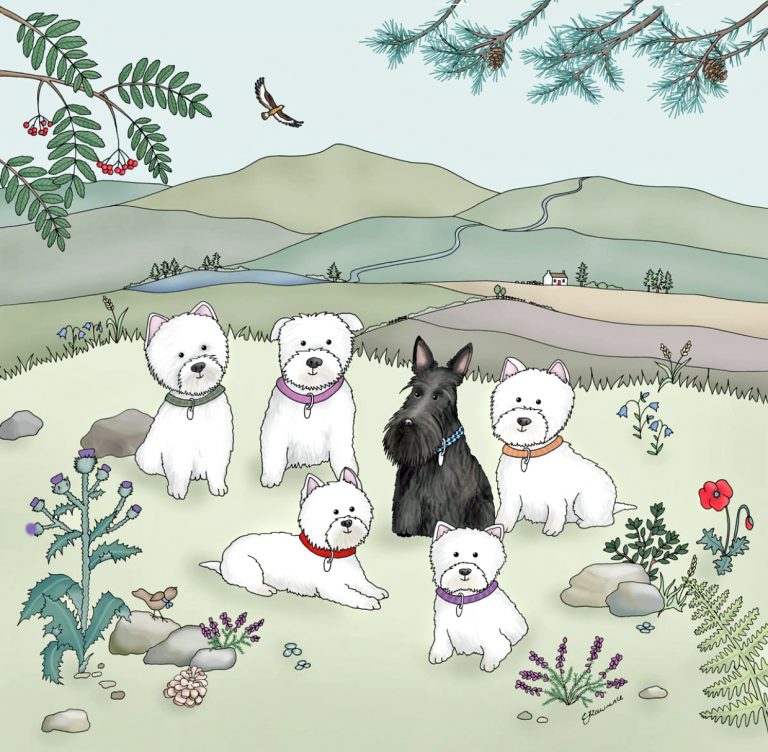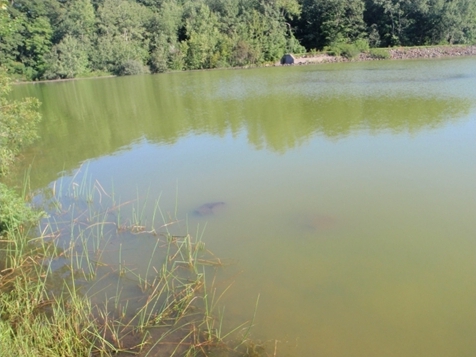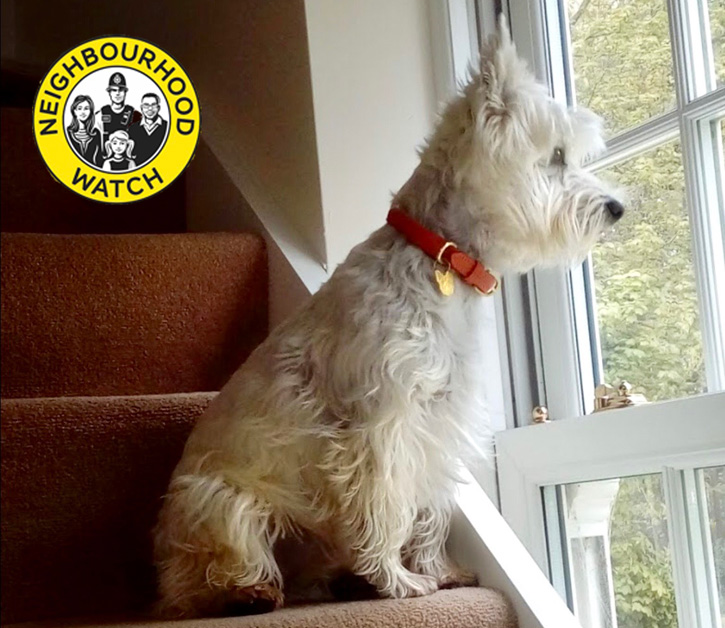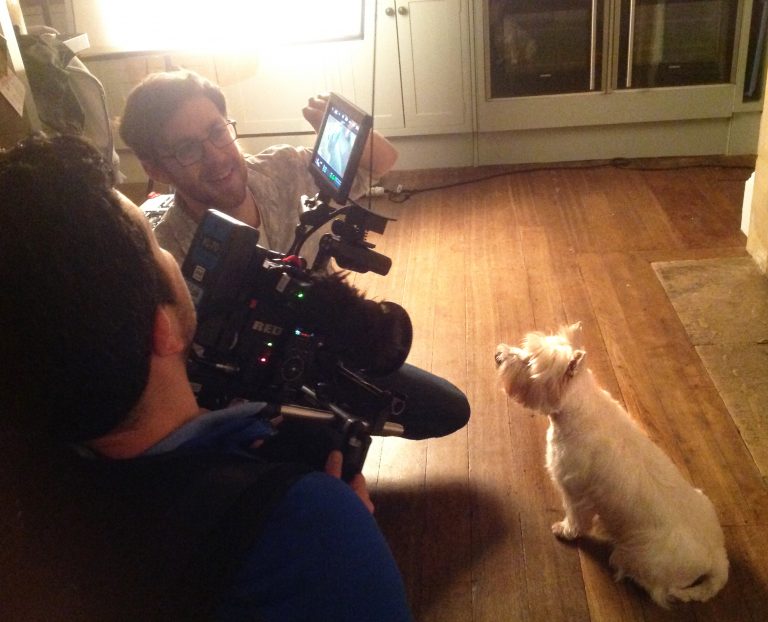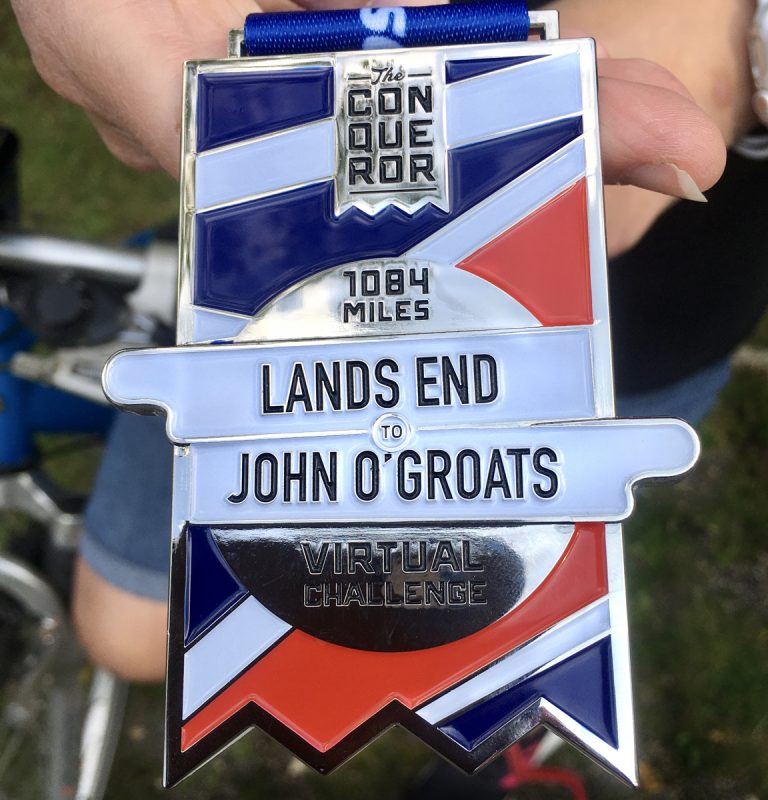Dog Tired?? why sleep is so important for your dog
Sleep is so important for a dog’s physical, cognitive and emotional health. A study found that it helps with the learning process and helps the dog’s decision making as well as for its growth and immune function. Sleep also speeds the removal of waste products from the brain and body. Sleep deprivation results in bad tempered dogs and puppies, affects their health and so much more, as in humans.

Let sleeping dogs lie! Most dogs show a level of aggression if woken from their sleep with an excessive startle response. It can create fear and anxiety and act as a memory trigger and even your sweet tempered, loving dog may snap if awoken suddenly from its slumber. Wouldn’t you? Do dogs dream? – YES!! Don’t wake your dog when he is dreaming.
Dogs usually adapt to our sleep patterns well and are social sleepers. They love to sleep on your bed (nothing at all to do with ‘dominance’) and incidentally it is beneficial to us too, reducing our stress and providing comfort. Most people are ‘monophonic’ sleepers, meaning they get all of their rest in one go, usually at night, but dogs are ‘polyphasic’ sleepers, meanwhile, sleeping in short bursts throughout the day and night. There is however a longer ‘core’ sleep lasting up to around 6 hours supplemented by naps throughout the day.
Dogs usually adapt to our sleep patterns well and are social sleepers. They love to sleep on your bed (nothing at all to do with ‘dominance’) and incidentally it is beneficial to us too, reducing our stress and providing comfort. Most people are ‘monophonic’ sleepers, meaning they get all of their rest in one go, usually at night, but dogs are ‘polyphasic’ sleepers, meanwhile, sleeping in short bursts throughout the day and night. There is however a longer ‘core’ sleep lasting up to around 6 hours supplemented by naps throughout the day.
Elderly dogs and puppies sleep more, and the length of their sleep depends on the breed and what their breed instincts are. Puppies need 18 – 20 hours sleep in a 24 hour cycle, whereas adult dogs generally need 12 – 14 hours. During their deepest sleep they display REM (rapid eye movement) and this stage of sleep is the most restorative. However, they are ready for action at a moment’s notice. Did you know that a dog that sleeps on its back, legs in the air doesn’t have a care in the world? Sleeping like this exposes the thinner skin on its belly which helps to cool it in hot weather. Conversely, sleeping curled up in a ball will conserve heat.
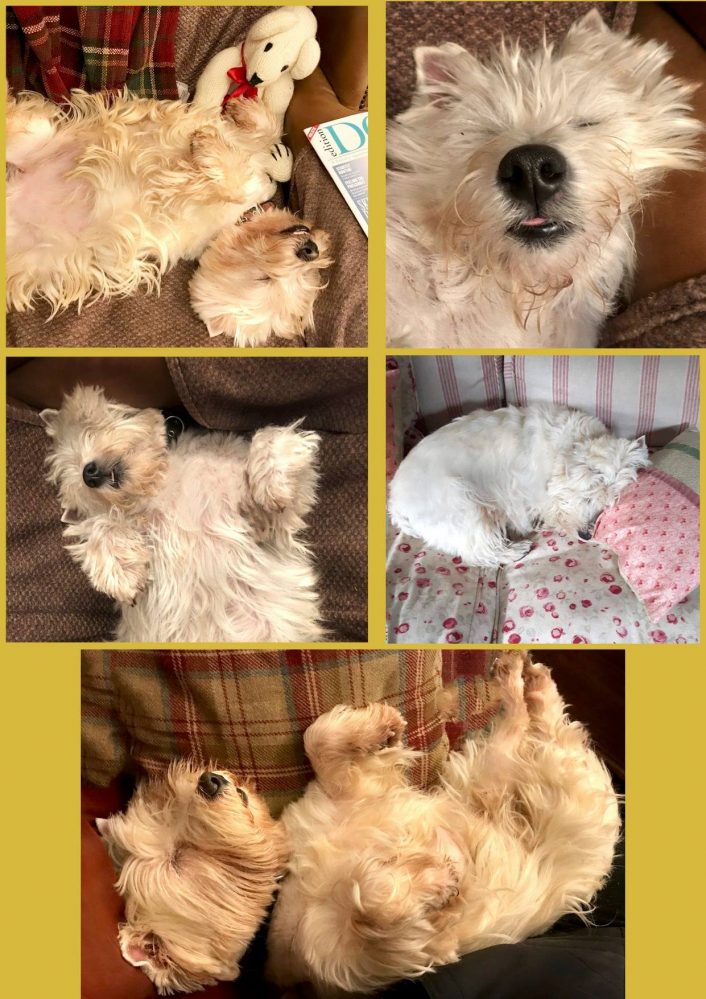
Many things can affect a dog’s sleep. High cortisol levels (stress) is a large factor, as with us humans. Sight loss will affect it too, as sight is important for your sense of time and space. Lack of physical activity (or too much of it) can dramatically affect the sleep pattern. Not sleeping due to stress or fear can be seen by barking, whining and crying during the night, separation anxiety, fearfulness at night or when you are getting ready to go to bed, or pacing and panting. External noises, conflict with a family member (dog or human), not enough social interaction with the family, the need to go to the toilet, hunger or thirst will all affect their sleep. Sleeping habits can give clues about a dog’s health and happiness that you can interpret if you know what to look for. Dogs get less deep sleep after a negative experience.
To help your dog get a good night’s sleep try playing a calming CD (iCalmDog works well with our rescue fosters), draw the curtains or blind, use a body wrap or ’Thundershirt’ to help him feel secure, change feeding times or the diet, you could also change the location of his bed, preferably moving him into your room. All these things will make a difference.
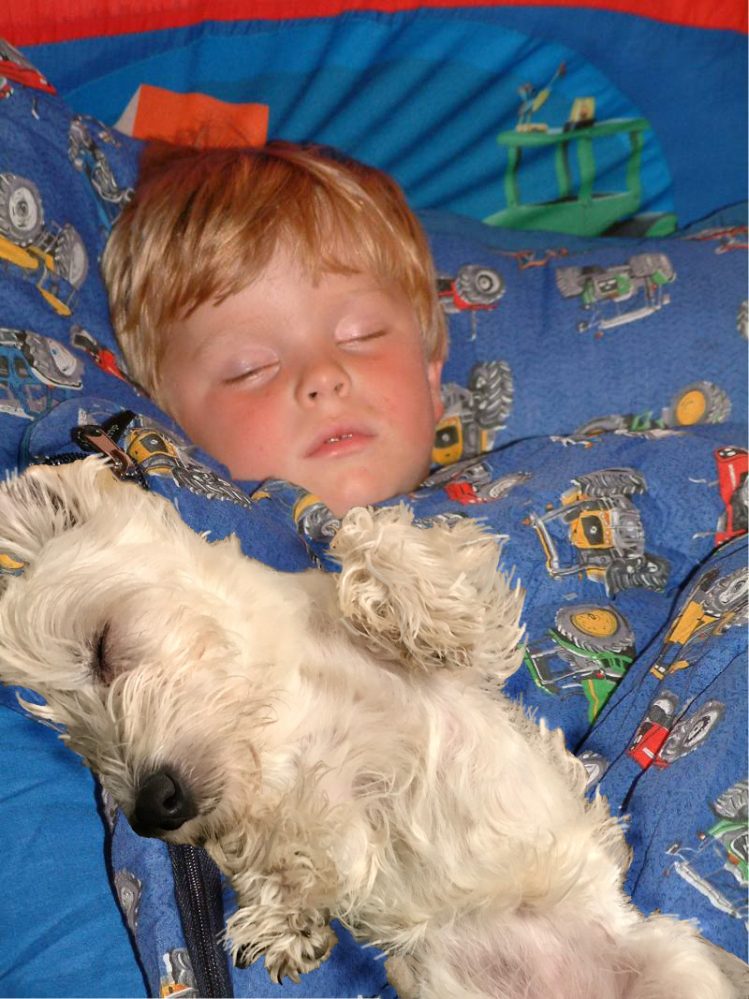
Never underestimate the power of a good sleep for you or your dog.
Sweet dreams!!

